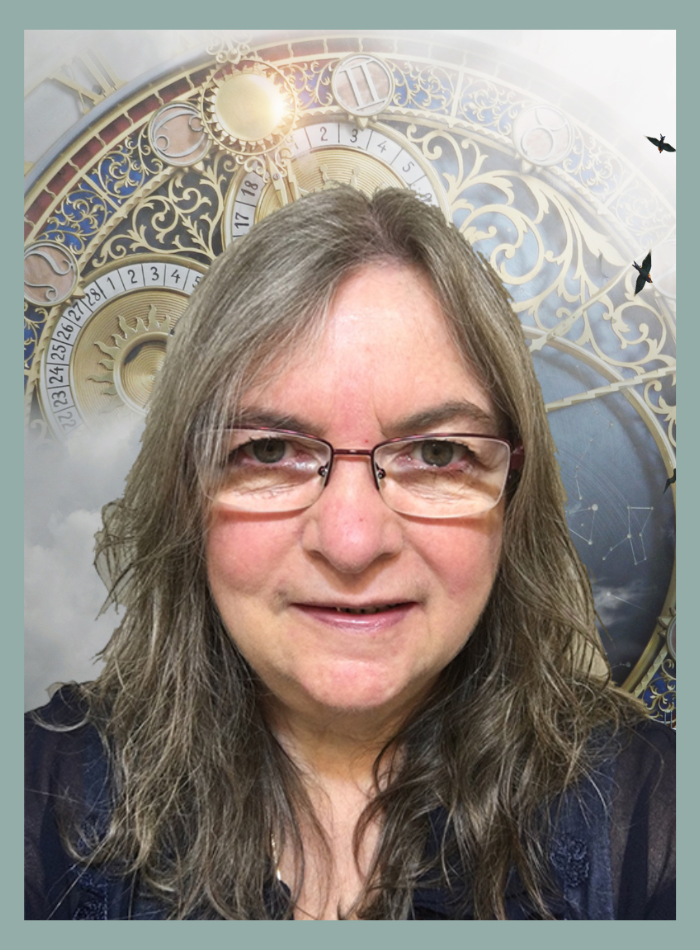The word ‘authentic’ has become one of those seriously overused cliches to the point where it’s easy to roll our eyes at the mere mention of living an authentic life. We have become desensitized to the pure beauty of what living an authentic life really means, and as a result we have become somewhat jaded by the term.
 Recently, the image and meaning around the idea of living an authentic life has become charged with some shadow concepts and negative energy – for example, living an uncensored, unethical, amoral, narcissistic life are sometimes talked about as examples of living an authentic life. After all, some protagonists would argue, isn’t living an authentic life the same as living an uncensored life, not caring what other people think or feel?
Recently, the image and meaning around the idea of living an authentic life has become charged with some shadow concepts and negative energy – for example, living an uncensored, unethical, amoral, narcissistic life are sometimes talked about as examples of living an authentic life. After all, some protagonists would argue, isn’t living an authentic life the same as living an uncensored life, not caring what other people think or feel?
Isn’t me living my life by saying what I want (regardless of whether it’s true or not and regardless of who I hurt), doing what I want (regardless of the morality or legality of it), being who I want (regardless of how bad that makes me look or how many people I offend and hurt) aren’t all of these just part of me living my authentic life.
Look around! Not everyone is destined to live by society’s standards. There are the rebels, the outcasts, and the misfits who go their own way, who walk to the beat of their own drum, who live life uncensored, outside of society’s rules and standards!
Maybe they do live this rebel life, but the big question is “Is this rebel life their authentic life?” Maybe it is, but maybe it’s not!
Martha Beck, one extremely wise woman, often speaks and writes about how each of us are, if fact, two selves – the social or learned self, and the essential or authentic self. So much of who we are and how we show up in our lives is merely a reflection of who we have learned to be. Behaviours and beliefs are learned through many sources – society, church, friends, family, school, our jobs, the list goes on. It’s easy to simply allow our reflections, our social self to define us. You can also think of the social self as being the ego and the authentic self as being the soul.
For those who are willing to accept the challenge, it can require a lot of focus and effort just to identify our authentic self through all of the social self ‘noise’ we have accumulated over the years, and to even begin releasing our authentic self just to our self. There’s a whole new level of vulnerability that’s then required to show our authentic self to the world. But when we do, it’s usually not so we can live behind fear or lies.
When we let loose, drop our internal censor, and become inconsiderate, immoral, unethical. When lie, cheat, steal, without regards to others, that is our ego acting out, our social self behaving badly. Those negative behaviours are still learned behaviours and are still part of our social self.
When we overcome a fear, like public speaking, that’s still our social self that is in charge. After all, we are born with only two natural fears – the fear of falling and the fear of loud noises. All other fears are learned behaviours, part of the social self, and as learned behaviours these fears can be unlearned. Giving into fears, like public speaking, being seen, being vulnerable, trying something new, making a mistake, failing, are all social self behaviours. Hiding from something you would live to do because of fear is not you being your authentic self!!
“Authenticity is a collection of choices that we have to make every day. It’s about the choice to show up and be real. The choice to be honest. The choice to let our true selves be seen.” — Brené Brown (The Gifts of Imperfection: Let Go of Who You Think You’re Supposed to Be and Embrace Who You Are)
Stepping out from behind our fears, becoming visible and vulnerable, doing the things that we have a natural passion for – that’s being our authentic self, and it is definitely worth it!

